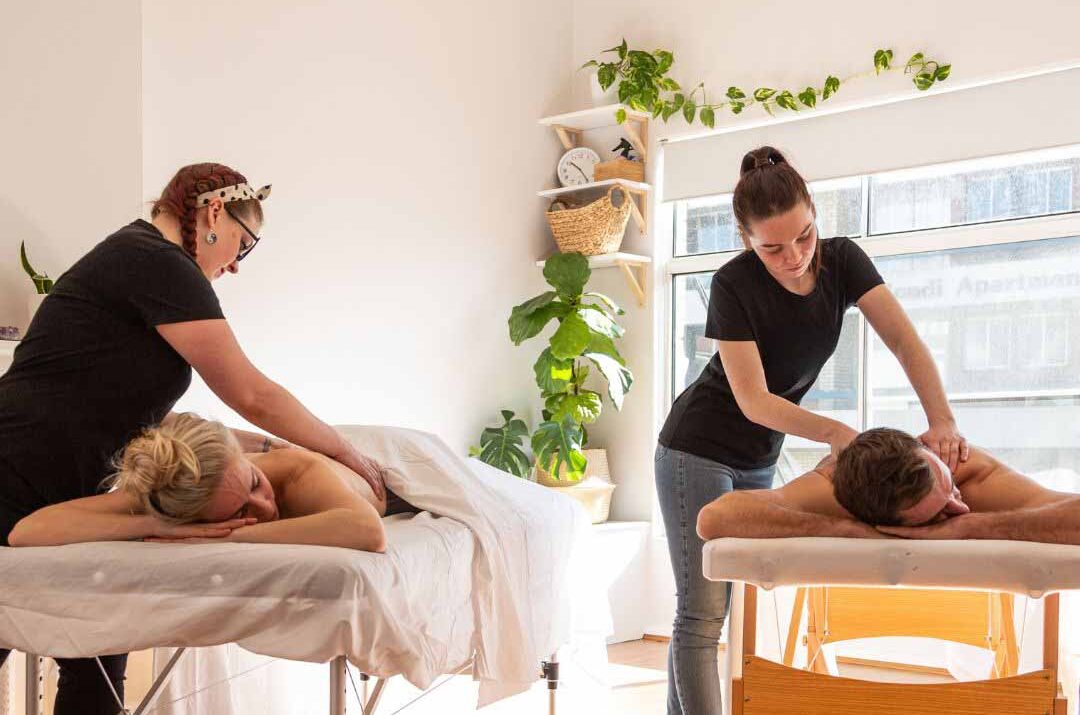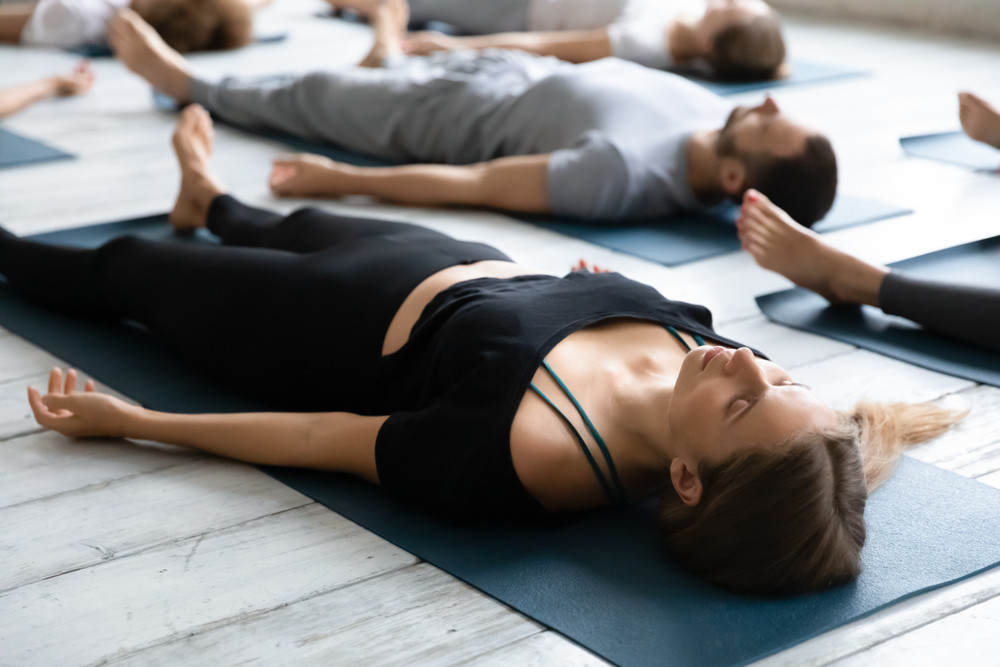In the bustling heart of Melbourne, where life moves at a fast pace and stress is a constant companion, a new form of wellness and indulgence is capturing attention—Luxury Head Spa Melbourne. Originating in Japan and gaining global popularity, head spas offer more than just a soothing massage; they blend therapeutic scalp care, luxurious treatments, and deep relaxation into one rejuvenating experience.
For those seeking a unique wellness escape in Melbourne, a luxury head spa delivers the ultimate combination of beauty, tranquility, and health benefits for the scalp, hair, and mind.

What Is a Head Spa?
A head spa is a specialized treatment focusing on the scalp, hair, and mind. It typically includes a detailed scalp assessment, cleansing and exfoliation, deep massage, and nourishing treatments using premium, often botanical-based, products. Many luxury head spas also incorporate aromatherapy, steam therapy, and guided relaxation techniques to provide a holistic experience.
While the concept may sound indulgent, the benefits of a head spa extend far beyond pampering.
Why Choose a Luxury Head Spa in Melbourne?
Melbourne is known for its world-class beauty, wellness, and spa culture. With a growing number of premium head spa providers, the city has become a destination for individuals looking to treat both their scalp health and mental well-being in one visit.
Here’s why luxury head spas are worth exploring:
1. Comprehensive Scalp Care
Many people suffer from scalp issues like dryness, oiliness, dandruff, or buildup without realizing that these conditions can affect hair growth and overall health. A luxury head spa offers a customized analysis and treatment plan to balance and rejuvenate the scalp.
2. Hair Health and Growth Support
By improving circulation and removing product buildup, head spa treatments stimulate the hair follicles, potentially encouraging stronger and healthier hair growth. They also help reduce hair fall caused by stress or poor scalp health.
3. Stress Relief and Mental Clarity
A head spa is deeply relaxing. The rhythmic massage and tranquil atmosphere are designed to calm the nervous system, reduce anxiety, and improve sleep quality. It’s a mental detox as much as a physical one.
4. Luxury Environment and Experience
Luxury head spas in Melbourne offer serene, beautifully designed spaces that feel more like five-star retreats than typical salons. Expect heated massage chairs, aromatherapy diffusers, dim lighting, and personalized attention.
What to Expect During a Head Spa Session
If you’ve never experienced a head spa, here’s a glimpse of what a luxury session might include:
1. Scalp Analysis
Your treatment begins with a professional scalp diagnosis using magnifying tools or digital imaging. This helps determine your scalp type, any underlying conditions, and the best course of treatment.
2. Pre-Cleanse and Exfoliation
A pre-treatment cleanse helps remove excess oil, pollutants, and styling product residue. This is followed by a gentle exfoliation to clear away dead skin cells and prepare the scalp for nourishment.
3. Aromatherapy and Steam Treatment
Essential oils are selected to match your desired mood or therapeutic goal. Steam is used to open pores and enhance product absorption, making the treatment more effective and relaxing.
4. Signature Scalp Massage
The heart of the head spa experience is the massage. Skilled therapists use acupressure techniques and circular motions to release tension in the scalp, neck, and shoulders, promoting circulation and deep relaxation.
5. Hydration and Nourishment
A luxurious treatment mask or serum is applied to the scalp and hair, often using botanical or mineral-rich ingredients that hydrate, repair, and strengthen.
6. Hair Rinse and Blow-Dry
The final step involves a gentle rinse, followed by a professional blow-dry and styling, leaving your hair soft, shiny, and beautifully refreshed.
Who Can Benefit from a Head Spa?
Almost everyone can benefit from a luxury head spa, but it’s particularly helpful for:
- People experiencing hair loss or thinning
- Those with scalp conditions like flakiness, itchiness, or excess oil
- Busy professionals under stress
- Individuals looking for a natural hair and scalp care solution
- Anyone seeking deep relaxation and self-care
Many spas also offer tailored services for men, including hair and scalp treatments that address common male concerns like androgenic alopecia or oily skin.
Top Luxury Head Spas in Melbourne
If you’re ready to try this unique experience, Melbourne offers several top-tier head spas known for their exceptional service and tranquil environments:
1. Yuko Head Spa Melbourne
A pioneer in authentic Japanese head spa treatments, Yuko offers a serene, minimalistic setting with expertly trained staff.
2. Cocoon Wellness Spa
Located in the heart of Melbourne, this spa combines traditional techniques with advanced scalp therapies in a luxury setting.
3. Sakura Head Spa
Sakura offers personalized treatments with Japanese-inspired rituals, aromatherapy, and holistic scalp care.
Tips Before Your Appointment
- Arrive Early: Give yourself time to relax and enjoy the full experience.
- Avoid Heavy Products: Skip styling products before your session to allow deeper cleansing.
- Communicate Concerns: Share any scalp or hair issues with your therapist so they can tailor your treatment.
- Plan for Downtime: You’ll likely feel very relaxed afterward—consider booking on a day when you can rest and enjoy the benefits.
Conclusion: Treat Yourself to the Ultimate Scalp and Soul Indulgence
A luxury head spa in Melbourne is more than just a beauty treatment—it’s an immersive experience that nurtures your mind, body, and scalp. With its blend of science, ritual, and relaxation, a head spa offers tangible benefits for hair health while delivering the kind of deep tranquility we all need in today’s hectic world.
Whether you’re treating yourself, preparing for a special occasion, or gifting a loved one the joy of self-care, a head spa session is the perfect way to relax, reset, and glow from the inside out.






